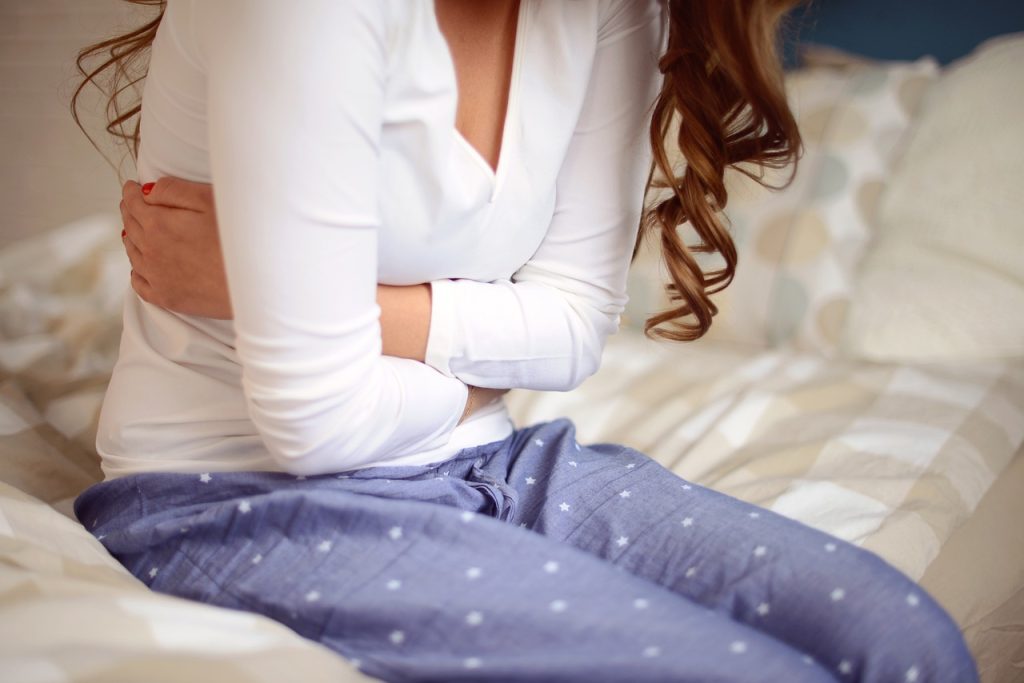Introduction:
During periods, it’s crucial to be mindful of your choices to ensure comfort and well-being. Certain foods and activities should be avoided to reduce discomfort and maintain a healthy balance. Knowing what to avoid during menstruation can make a significant difference in how you feel throughout your cycle. From diet adjustments to lifestyle modifications, making informed decisions will help you manage your symptoms more effectively.
Content List:
- Avoid High-Sodium Foods
- Skip Heavy Exercise During Periods
- Say No to Caffeine
- Avoid Stressful Activities(Periods Avoid Activities)
- Stay Away from Sugary Snacks
- Limit Alcohol Consumption(Periods Avoid Activities)
- Avoid Tight Clothing During Periods(Periods Avoid Activities)
- Read These Also
- FAQS
Avoid High-Sodium Foods
High-sodium foods can lead to water retention and bloating, which can exacerbate the discomfort often experienced during periods. Consuming salty snacks, processed foods, and fast food can increase these symptoms, making you feel more uncomfortable. Instead, opt for foods low in sodium to help minimize bloating. By making conscious dietary choices, you can alleviate some of the physical challenges of menstruation.
Scientific Research Opinion: A study published in the American Journal of Clinical Nutrition highlights that reducing sodium intake can significantly decrease bloating and water retention, particularly during menstruation.
Skip Heavy Exercise During Periods
While staying active is important, engaging in heavy or intense workouts during periods can lead to increased fatigue and discomfort. It’s better to focus on light exercises like walking, yoga, or stretching, which can help relieve cramps without putting too much strain on your body. Overexertion during this time can make you feel drained, so listen to your body and adjust your routine accordingly.
Scientific Research Opinion: Research from the Journal of Women’s Health suggests that moderate exercise can reduce menstrual pain, but high-intensity activities might worsen symptoms.
Say No to Caffeine
Caffeine can increase anxiety, disrupt sleep, and worsen menstrual cramps. It’s a stimulant that can cause your muscles to contract more, leading to increased pain. Reducing or avoiding caffeine during periods can help you feel more relaxed and reduce the severity of cramps. Opt for herbal teas or decaffeinated beverages instead.
Scientific Research Opinion: A study in the Journal of Psychosomatic Research found that caffeine intake is associated with increased menstrual pain and anxiety.

Avoid Stressful Activities
Stress can amplify the discomfort and emotional strain that often accompanies periods. Engaging in stressful activities can increase cortisol levels, leading to more intense symptoms such as cramps and mood swings. Finding ways to relax, such as practicing mindfulness or engaging in hobbies, can help manage these symptoms and improve your overall well-being.
Scientific Research Opinion: According to the National Institutes of Health, stress management techniques are effective in reducing the severity of menstrual symptoms.
Stay Away from Sugary Snacks
Sugary snacks can cause blood sugar spikes and crashes, leading to mood swings and energy slumps during periods. These fluctuations can also exacerbate cravings and increase bloating. Choosing healthier snacks, like fruits or nuts, can provide sustained energy and keep your mood more stable throughout your cycle.
Scientific Research Opinion: Research published in the Journal of Nutrition highlights that maintaining stable blood sugar levels can help manage mood and energy levels during menstruation.
Limit Alcohol Consumption
Alcohol can interfere with your body’s natural hormone levels, potentially worsening menstrual symptoms like bloating, cramps, and mood swings. Additionally, it can dehydrate you, leading to increased discomfort. Limiting alcohol intake during periods can help you feel more balanced and reduce negative symptoms.
Scientific Research Opinion: Studies from the University of Maryland Medical Center indicate that alcohol consumption can increase the severity of menstrual symptoms due to its effects on hormone levels and hydration.
Avoid Tight Clothing During Periods
Wearing tight clothing can cause discomfort and restrict movement, especially during periods when your body might already feel bloated or sensitive. Opting for loose, comfortable clothing can help you feel more at ease and allow your body to breathe, reducing irritation and discomfort.
Scientific Research Opinion: Dermatologists often recommend loose clothing during periods to prevent skin irritation and promote better circulation, which can be beneficial during menstruation.
Read These Also:-
- Pregnancy Diet Plan: Food for Healthy You and Baby
- Amazing Benefits of Massaging with These Oils
- Power of Wet Grass: Walk Barefoot For Better Health
Taking care of your body during your period involves making thoughtful choices about what you eat, how you move, and how you manage stress. By avoiding certain foods and activities, you can minimize discomfort and feel more in control of your menstrual experience. Remember that small adjustments can lead to significant improvements in how you feel during this time.
FAQs:
1. What foods should I avoid during my period?
Avoid high-sodium, sugary, and caffeinated foods to reduce bloating, cramps, and mood swings.
2. Can I exercise during my period?
Yes, but it’s best to stick to light exercises like yoga or walking to avoid excessive fatigue.
3. Is it okay to drink alcohol during my period?
Limiting alcohol is recommended as it can worsen menstrual symptoms like bloating and cramps.
4. How can I manage stress during my period?
Engage in relaxing activities such as meditation, deep breathing, or light hobbies to reduce stress.
5. Should I avoid tight clothing during my period?
Yes, wearing loose clothing can increase comfort and prevent irritation during menstruation.

